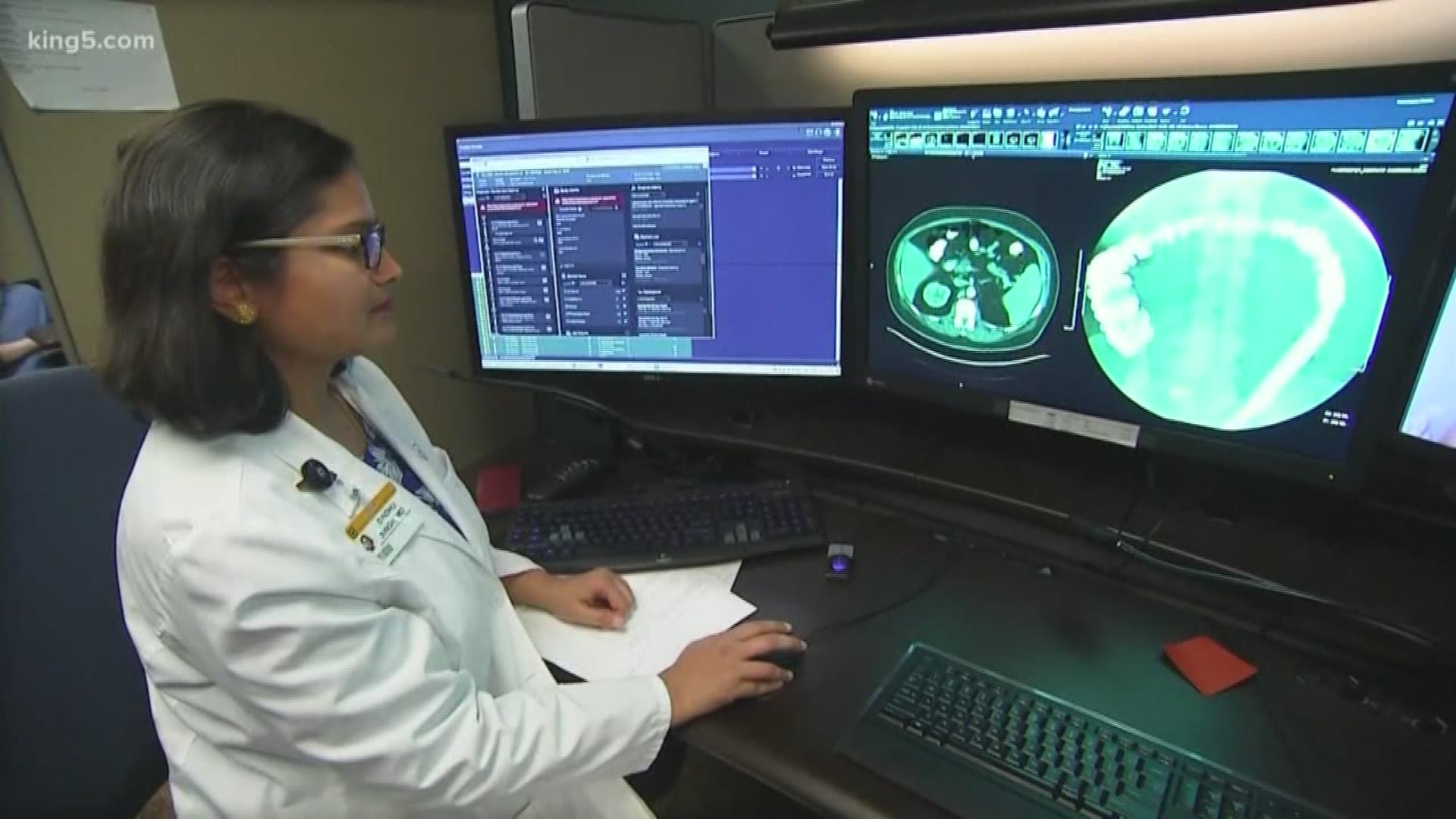SEATTLE — The COVID-19 pandemic will likely continue impacting the world in ways we’ve guessed and in ways we haven’t even thought of for years to come.
State health officials are now warning Washingtonians about one of the more alarming ways the pandemic could affect residents’ health, which involves the lowered rates of health screenings over the last two years.
In a study recently published in the National Library of Medicine, researchers found that the number of coloscopies in Washington went down nearly 40% during the first year of the pandemic.
Additionally, the number of women screened for cervical cancer decreased by nearly 2,000 patients for a 7.4% reduction during the first year of the pandemic, according to the study.
It’s a trend scientists are seeing nationwide and across many diseases, with one model from the National Cancer Institute predicting more than 10,000 deaths over the next decade across the U.S. due to missed screenings and delays in diagnosis due to the pandemic.
Researchers looking at Washington state concluded that the lapse in screenings “will likely lead to later-stage diagnoses for both [colon] and cervical cancer, which is known to result in decreased survival.”
Public Health—Seattle & King County said the kind of routine screenings that have become less and less common amid the pandemic gives patients a better chance at surviving deadly diseases and postponing check-ups could make any diagnosis more difficult to treat.
County health officials said missed and delayed screenings mostly affect low-income areas and communities of color, which were the most impacted through the pandemic.
The county offers some free cancer screenings and the Colorectal Cancer Alliance can help figure out which approach is right for each patient and connect them with screening options, including free home tests for those who are eligible.
Anyone 45 years or older should get screened for colon cancer, those 40 years or older should be screened for breast cancer and anyone 21 years or older should be screened for cervical cancer.

